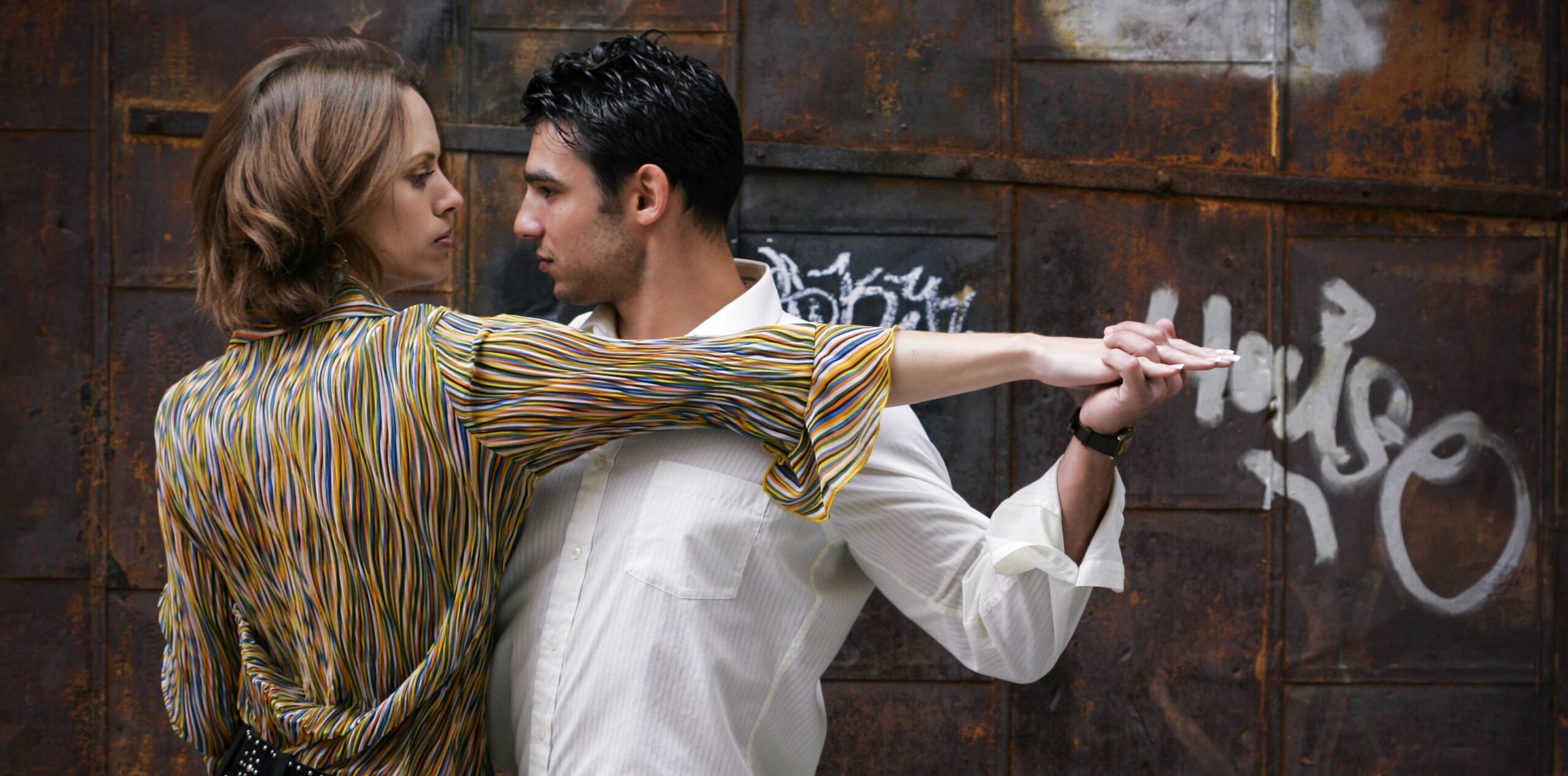Spending more time in your home over the last year may have caused some reflection about your relationships with others. You may have gained more awareness about how you interact with family, friends, or coworkers.
Having healthy relationships with the people in your life may feel challenging and patterns may be appearing that you didn’t notice before, or you may have noticed behaviors but weren’t able to articulate what was happening.
Codependency is a broadly used term and tends to surface repetitively in different ways. It can be difficult to understand and even harder to accept.
Codependent expert, Melody Beattie, defines codependency as a relationship between two people; the codependent lets another person’s behavior affect them and is obsessed with controlling that person’s behavior.
The tricky part is that not every relationship fits into the extremes of healthy or unhealthy and normally live somewhere in the middle.
There may be hard things about a relationship, but it could still be healthy for both people. There may be easy things about a partnership, but it is still unhealthy.
It is important to understand what role you play in relationships to change your behaviors when patterns emerge.
According to Melody Beattie’s book Codependent No More, codependents usually have similar traits and can include but are not limited to these:
Characteristics of Codependency

- Believe deep inside that other people are somehow responsible for them
- Blame others for where they are at in their own lives
- Feel angry, victimized unappreciated, and used
- Come from troubled or dysfunctional families and may initially deny that they do
- Reject compliments or praise but get depressed if there is a lack of both of these things in their life
- Think they’re not quite good enough
- Feel guilty about spending money on themselves
- Take things personally
- Victims of sexual, physical, or emotional abuse, neglect, abandonment, or alcoholism
Codependency can be a messy experience because it is hard to navigate where one person stops and another person begins.
There is caretaking, enmeshment, and usually a payoff for both people.
Sometimes, one person is an addict or alcoholic in the relationship and the codependent wants to take care of that person, encouraging a learned helplessness so that they can save their partner.
It is hard to admit these things to ourselves and how we may try to save others at the expense of our own health.
There can be accolades and praise available if you rescue others, but it usually becomes a detriment to your own health either physically, emotionally, or mentally.
At its worst, codependency keeps both people sick in the relationship to fulfill unhealthy needs.
It may feel good to get a payoff from taking care of someone and being taken care of in a relationship, but it can have terrible effects for years to come, especially if children are involved.
You may find yourself in these types of relationships consistently.
At that point, it is important to seek out help from a professional therapist to learn how to identify patterns that may be harmful and how to establish healthy boundaries and communication.
There is also help available in 12-step programs like CODA (Codependents Anonymous), AA (Alcoholics Anonymous), Al-Anon, Al-Ateen, and ACA (Adult Children of Alcoholics).
These groups are designed to provide support for unhealthy behaviors that are no longer manageable in your life.
You don’t have to hit bottom before you get help; there is help available now.
Not every codependent relationship is extreme but recognizing your tendencies and getting support can still be beneficial in how you partner with people.
Once you acknowledge codependency in your relationships; you can begin to repair or rebuild yourself.
Sometimes, this may require a breakup, but it doesn’t have to mean that every time. As an adult, you have the choice to stay or leave a relationship whenever you wish.
The more you see choices; the more empowered you can become to discern what is best for you.
You deserve to be happy and healthy in your social interactions, and a professional therapist can help you get there.
It may not be easy, but it is possible.
It’s also important to know that happy and healthy doesn’t mean that there are never any problems. Happy, healthy relationships have issues as well.
It is a matter of how you handle them that can help you maintain peace and serenity through difficult times.
As an adult, you get to weigh the pros and cons of the relationship. If it is no longer working for you, you have permission to let go.
Keeping yourself and others in an emotionally or mentally harmful situation to maintain a relationship is an unhealthy habit that can be healed through time and effort on your part.
There is no need to suffer to develop a sense of worth. You are worthy just as you are no matter what.
Once you focus on yourself, you can determine if your relationships with others are healthy. This doesn’t have to be limited to significant others.
You are in relationships with people all of the time. Therapist, Nedra Glover Tawwab, helps to identify
10 Components of A Healthy Relationship:
1. Trust
2. Joyful interactions
3. Deep (meaningful) conversations
4. Authenticity
5. Nurturing one another needs and providing comfort
6. Healthy communication
7. Kindness (with considerate correction)
8. Appreciating each other
9. Healthy boundaries
10. Support (verbally and physically)
By accepting that you have needs, you can begin to take care of them for yourself rather than controlling or manipulating others as a distraction.
It can be easier to help someone else because then you don’t have to acknowledge your own faults. It’s hard to know that even at our best we are not perfect.
This doesn’t mean that you aren’t enough; it means that you get to progress in your healing for your entire life because it takes a lifetime to do so.
There is hope and help, especially if you know the relationships that you have don’t feel fulfilling to you.
Many times, our best relationships are with seemingly unspectacular people who are still able to reflect our most spectacular selves back to us.
The shiniest people aren’t always the best long-term matches, and you get to discern what you want in a relationship.
Surrounding yourself with people who are loving, kind, and trustworthy can help you to see the best parts in yourself. You don’t have to be needed in order to be wanted.
You take up exactly the right amount of space on the planet just by being human.
You have an opportunity to design relationships that are meaningful and loving; this power starts with you.
If you are struggling with forming healthy relationships and find that you connect with some of these codependent characteristics and experiences, therapy can help.
At Denver Metro Counseling we understand the nuances of codependent relationships and how past relationships contribute.
If you are curious about engaging in individual therapy for codependency, want to learn more about yourself and how your story impacts your relationships, contact us today.
***
Written by: Randi Thackeray, MA
Clinically Reviewed and Edited by: Julie Reichenberger, MA, LPC, ACS, ACC

